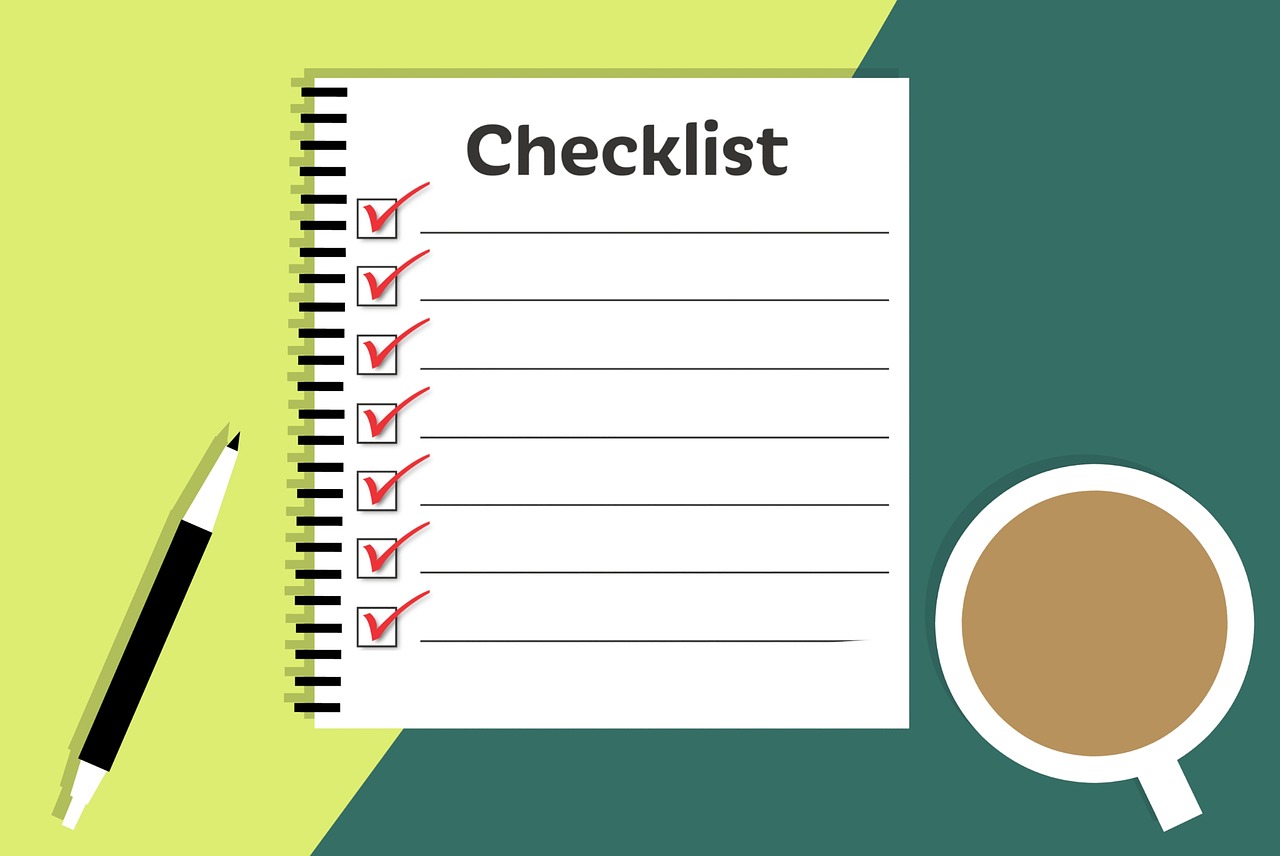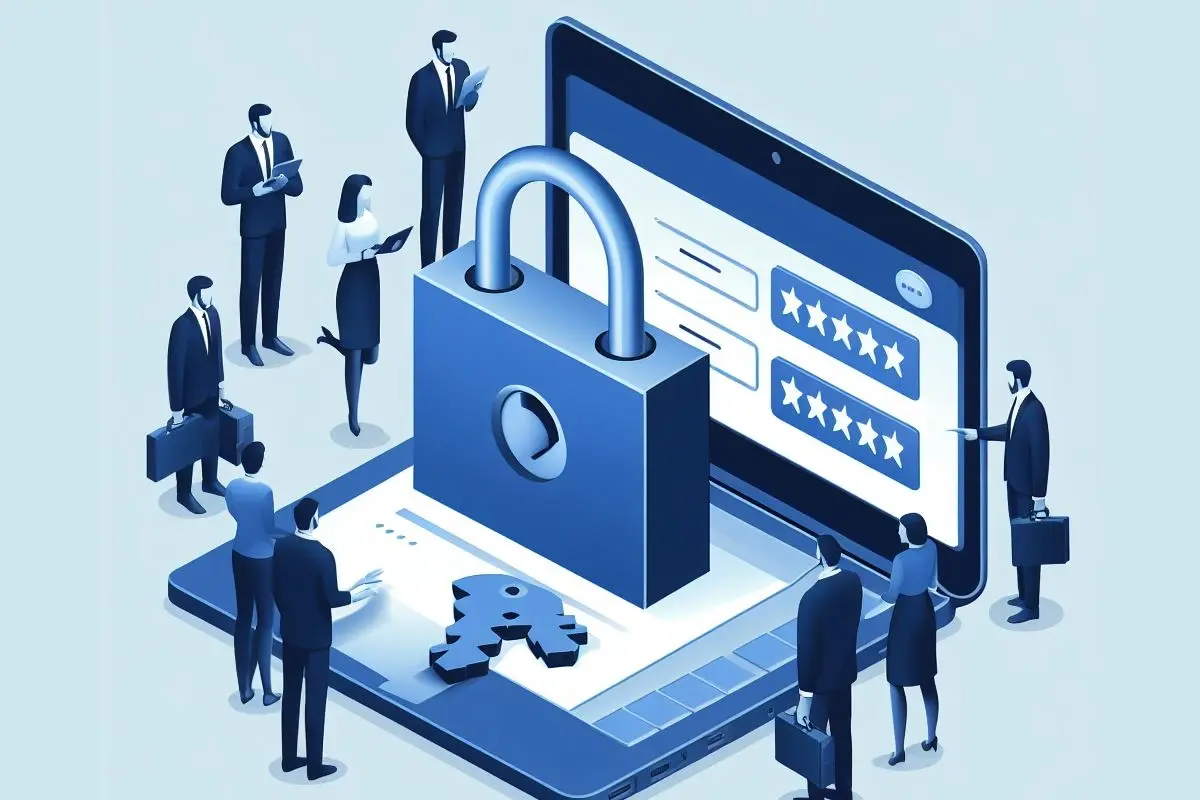Checklist for digitally offboarding employees
Digitally offboarding employees when they leave your organisation is of paramount importance to your security (and your business’s well-being). We...
Our client portal provides all the tools you need to create, view or update your support requests.
For urgent IT support during business hours, or if you suspect anything suspicious call 01314528444 for the fastest response.
If one of our team has asked you to start a remote control session on your computer, use the remote control menu option above.
4 min read
itfoundations
Originally posted on April 07, 2021
Last updated on September 13, 2024
When it comes to cyber security, what small businesses need to know to stay safe online should be a top priority. A 2017 study by Ponemon found that 58% of all malware attacks are targeted at small and medium businesses, in large part because small companies invest less time and energy into protecting themselves from cyber attacks.
Keeping your business and your employees safe from cyber-attacks doesn’t need to be a costly investment. By spending some time getting to grips with the basics of where the most significant cyber threats lie and learning some simple ways to protect your company from them, you can already make substantial strides towards a safer and more secure business network.
With that in mind, it’s important first to understand why cyber security is so vital. The best way to demonstrate this is to consider what’s at risk if your computer systems are breached. Depending on your line of work, hackers could gain access to client data, customer credit card information, business banking data, product designs and other confidential information, and manufacturing secrets.
Keeping your business safe from cyber attacks is essential not just for the health and security of your company but for your customers, too. Customers need to know they’re in safe hands, and they won’t be giving their credit card information and personal data over to businesses they don’t trust.
Understanding how cyber attacks occur and thus where the risks lie is the first step to protecting your company. Understanding these risks and educating your employees to ensure that they, too, can spot these attacks is key to effective cyber security principles.
Malware is “malicious software” that can cause problems once it’s been installed on a computer. You wouldn’t install any malware deliberately, but malware can come from suspicious attachments or online links. Malware could affect your computer systems in various ways, from deleting files from your hard drive to sending out emails to everyone in your address book.
Phishing is a reasonably well-known cyber security threat that refers to emails sent by cybercriminals purporting to be from a trusted source, for example, a bank or your internet provider. According to Symantec, one in every 3,722 emails in the UK is a phishing attempt>. These emails request confidential information such as bank details or internet passwords, which can then be used to steal money or data. Phishing links can also contain links to data forms that ask you to enter your password and other data.
A little like phishing, social engineering is when con artists phone or sometimes even visit in person posing as a reputable source in the hopes of gaining data, including passwords and login information.
Hacking is when cyber criminals break into a website. The best way to protect your site from hackers is to ensure that your website host has implemented security measures to protect their servers. While hacking is a legitimate risk, it doesn’t happen anywhere near as much as malware and phishing scams do, especially to smaller businesses.
Once you understand what a cyber attack is and how most of them occur, it’s important to know how to arm yourself and your employees against these attacks.
The first thing you should always do is engage your staff on the subject of cyber security. Ensure every employee at your business understands the risks of cyber attacks and provide regular training to make sure your staff all follow recommended protocols that can help protect your business from cyber criminals. This means changing passwords frequently, locking laptops and other connected devices when not in use, and training in identifying phishing emails and malware links.
This is one area in which small businesses across the UK really need to invest more time. Just 27% of all businesses across the UK have had cyber security training in the past 12 months. But when it comes to larger firms, 73% have invested in training, showing exactly why smaller businesses are more at risk of cyber attacks.
Such a simple step can sometimes make a big difference. Antivirus software is designed to recognise malware on your computer networks, and by running antivirus software regularly, you can ensure that potential threats are eliminated before they’ve had a chance to cause problems. This is an easy, cost-effective way to boost cyber security that all SMEs should consider.
All of the software your business uses should be kept updated. Developers and software publishers release regular updates and patches, and many of these will be security updates designed to protect your computers from potential vulnerabilities in the software you use. By making time to update your software as soon as these updates are released, you can ensure your business isn’t left vulnerable to security breaches.
Depending upon your business’s size and processes, consider whether everyone who has access to confidential files and data needs that access. This doesn’t mean that you don’t trust your staff; it is that the fewer people who have access to confidential data, the fewer opportunities there will be for criminals to gain access to that data, too.
The number one rule of cyber security, if there can be such a thing, is that businesses should always be looking to prevent cyber attacks before they take place. Just because you’ve never been the victim of a cyber attack before doesn’t mean you never will be, and in many cases, victims may not even be aware that they have been hacked before it’s too late.
Cyber attacks can permanently damage companies of all sizes, causing huge data breaches and meaning the indelible loss of customers’ trust. At IT Foundations, we provide a host of IT support and cloud management services, including cloud migration, business consultancy, and corporate software and web app development. For more advice and information about protecting your small business from cyber attacks, please don’t hesitate to contact us.

Digitally offboarding employees when they leave your organisation is of paramount importance to your security (and your business’s well-being). We...

The pandemic has been a reality that companies around the world have shared. It required major changes in how they operate. No longer, did the status...

3 min read
Breached or stolen passwords are linked to over 80% of data breaches. Hackers can get in using stolen, weak, or reused passwords. But passwords...